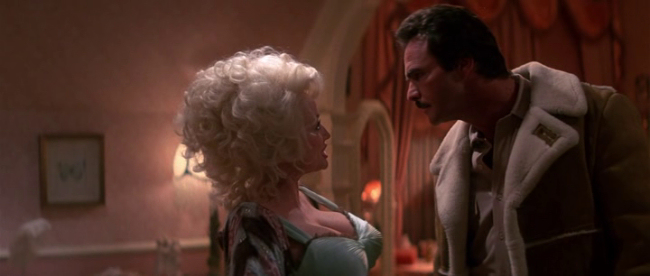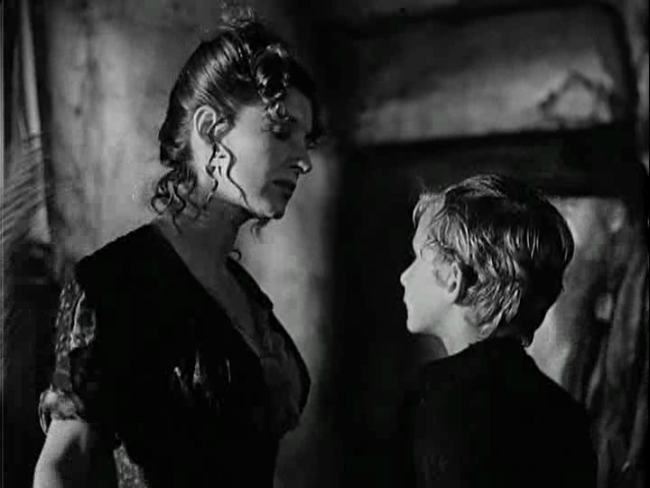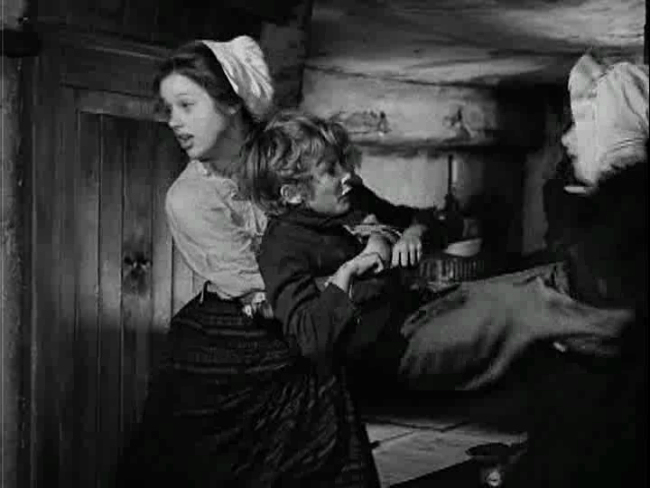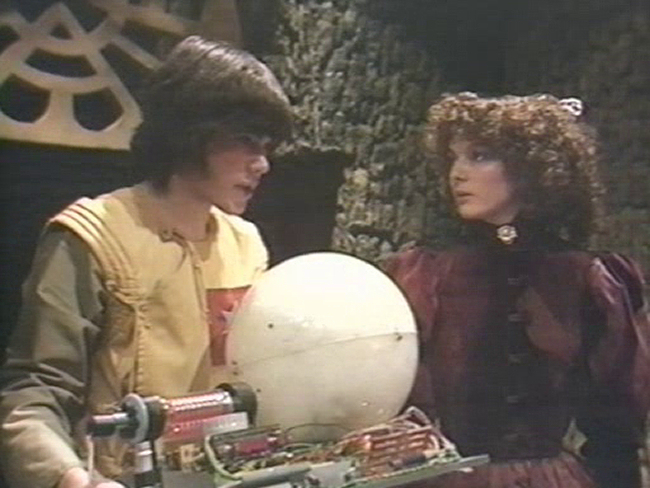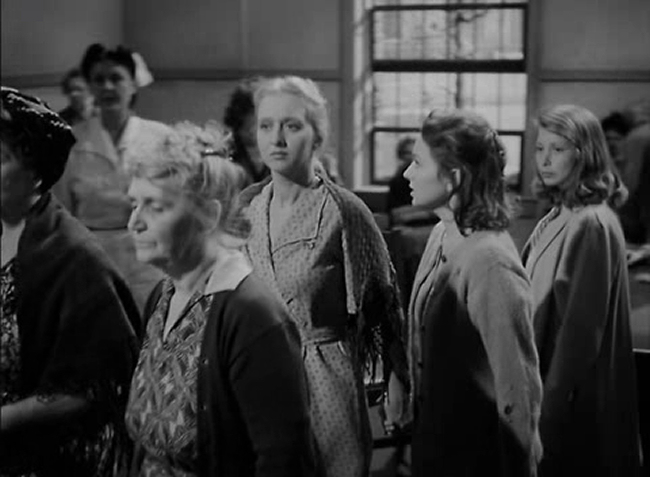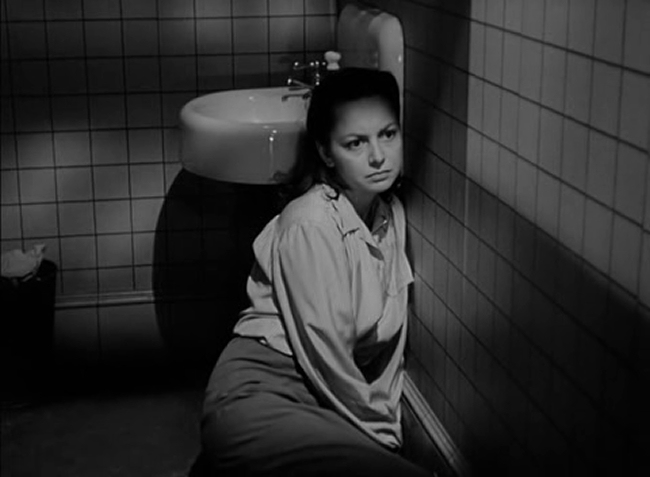
Now this is how you make a screwball comedy. Or at any rate the first two thirds of one--2016's The Mermaid (美人鱼) is one of the best comedies I've seen in years. With a sense of humour that reminded me of Charlie Chaplin or Harold Lloyd, the first portion of the film strings along gags with nice comedic timing with two effectively goofy stars. The last section is a less effective action film but I've seen worse and it doesn't sink the whole ship.

Lin Yun plays a mermaid named Shan who sells roasted chickens in a fairground stall. Her mission, living among the humans, is to assassinate Liu Xuan (Deng Chao), a mega-rich tycoon who has developed a new sonar device that causes all sea life to explode in the bay inhabited by the merfolk.

"Here's a cute little goldfish," says one of his subordinates before graphically demonstrating the device. The film is quite conscious of the broad villain typical for a fantasy film in this vein and therefore plays it up to beyond absurdity. The other way the film mines the concept for comedy is by not side stepping things other films normally do, creating instead ridiculous workarounds.
Normally in a mermaid film, like Splash or Disney's The Little Mermaid, there's an explanation as to how the mermaid can walk about on land temporarily--a magic spell that gives her human legs. There's nothing like that in this film, Shan has simply learned to waddle about everywhere on her fins which she keeps hidden in a bulky pair of yellow rubber boots she always wears.

This adds to the dazed and uncoordinated performance Yun gives. Her open mouthed grin revealing the sharp teeth everyone comments on is simultaneously guileless and beastly.

Her first attempt to kill Liu Xuan is a nice, rather cartoonish sequence of physical comedy where her attempts to throw sea urchins at him and stab him with a poisoned fish spine are continually thwarted by obstacles that turn up without him even noticing. In the process, she witnesses him singing along to his favourite song, the hilarious "Being Invincible is So Lonely".
The two end up bonding over the song and romance ensues after the two throw up with each other on a tilt a whirl.
Also very entertaining in the film is Show Luo as Shan's half-octopus uncle who's forced to cut and cook two of his tentacles to keep his disguise at one point.

Zhang Yuqi plays Ruolan, Liu Xuan's former lover and psychopath business partner who becomes the villain in the last part of the film. She gives a good performance and she's funny, playing up the arrogance of her even greater ruthlessness than Liu Xuan's, but the film's unconvincing cgi, which is adequate for the comedy scenes, makes the action at the end pretty insubstantial. Still, one can't help but grow to love Shan and Liu Xuan and therefore want to see them overcome their tribulations.
























